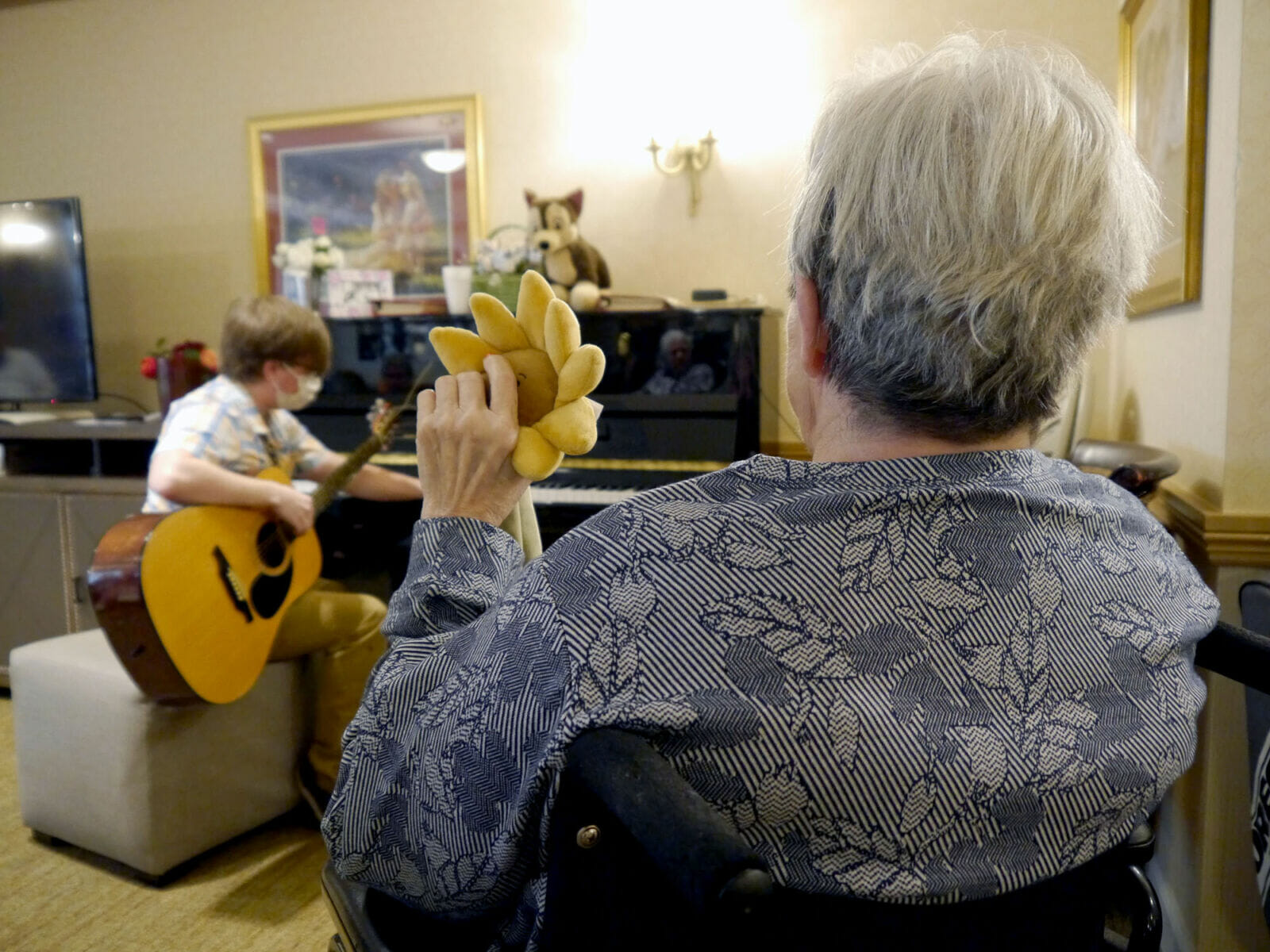Memory care offers specialized support for individuals experiencing memory loss, dementia, or Alzheimer’s. These facilities are more than a place where elderly people can enjoy care and companionship – this is an environment tailored to the unique needs of those with cognitive impairments.
Unlike assisted living, which focuses on general senior care and assistance with daily tasks, memory care incorporates therapeutic programs and specially trained staff. This difference is crucial as it ensures safety and engagement for residents.
In today’s article, we will have a look at what truly sets memory care apart from other senior living options and dive into scientific principles and practical methods employed by these facilities to offer better lives for our loved ones facing cognitive challenges.
Innovations in Dementia-Friendly Environments
The science behind dementia and Alzheimer’s research is constantly evolving, and we’re also starting to see changes in how to treat people who already suffer from these diseases. One notable change is the creation of memory care units, different from assisted living facilities.
While both are designed for the care of elderly people, memory care vs assisted living shows clear differences. Assisted living provides support with daily activities like bathing, dressing, and medication management, while memory care units focus on specialized care for those with cognitive impairments.
Additionally, biophilic design, which integrates natural elements like plants and sunlight, plays a significant role in reducing anxiety for those with cognitive impairments. By mimicking outdoor settings, these spaces provide a calming effect.
Memory care facilities also have personalized reminiscence therapy rooms. These rooms recreate familiar home settings using personal photos or cherished objects, stimulating memories and encouraging communication among residents.
The Role of Technology in Enhancing Memory Care
Technology significantly enhances memory care by addressing safety, engagement, and overall quality of life for residents.
For example, these facilities widely use wearable devices equipped with GPS tracking to ensure resident safety while allowing some independence. This tech prevents wandering and assists staff in monitoring location in real time.
Another key advancement is the use of cognitive training apps available on tablets or touchscreens. These interactive programs offer personalized activities designed to stimulate cognitive functions and improve memory retention.
Virtual reality (VR) also finds a place within memory care settings. VR headsets transport residents to different places, from calming nature scenes to memorable past locations, offering immersive experiences that reduce stress and spark positive emotions.
Some facilities implement smart home technology tailored for those with dementia. Automated systems control lighting, temperature, or even appliances based on routines set up by caregivers, creating a comfortable environment without overwhelming manual interventions.
Additionally, robotic pets provide companionship through realistic movements and sounds without the responsibilities of caring for live animals. Devices like Joy for All Companion Pets can help alleviate feelings of loneliness among residents while offering comforting interactions throughout the day.
How Families Can Support Loved Ones in Memory Care Settings
Even though your loved ones’ memories are fading away day by day, your support is still important to them, so you should find ways to collaborate with the facility staff. Healthcare specialists emphasize maintaining strong communication with the caregivers to stay informed about your family member’s needs and progress.
Regular visits, if possible, help residents feel connected to familiar faces while offering opportunities for family members to engage in meaningful activities together.
Experts also recommend involving yourself in care planning meetings to voice any concerns or preferences you may have regarding treatment approaches. Bringing personal items like photos or cherished mementos helps create a sense of home within the facility.
Staying educated on dementia and its progression is also crucial. Attending support groups or workshops can provide valuable insights into managing emotional challenges that come with having a loved one in memory care.
Healthcare professionals suggest embracing technology as well – video calls maintain connection when physical visits aren’t feasible due to distance or health reasons.
Also, working closely with caregivers allows them better insight into resident histories and personalities, which improves personalized engagement strategies during daily activities at the facility.
Wrap Up
Adapting to evolving senior care practices requires embracing innovative solutions and continuous learning. By integrating emerging technologies and personalized approaches, facilities can improve the quality of life for residents.
This adaptive mindset ensures memory care remains responsive to the unique needs of individuals with cognitive impairments, fostering better support outcomes.




